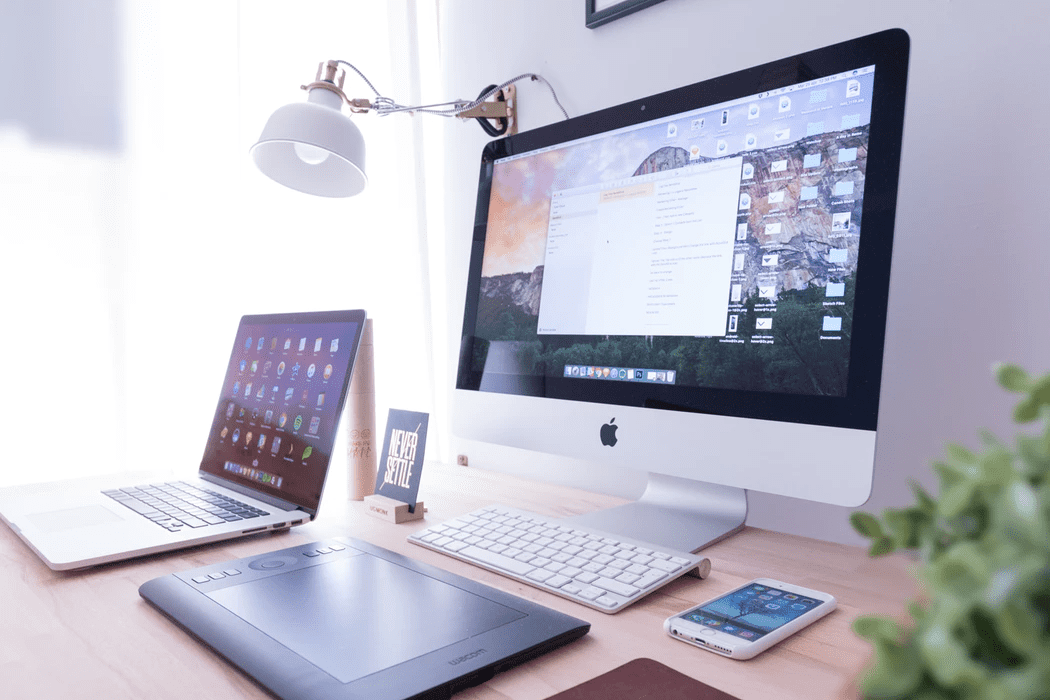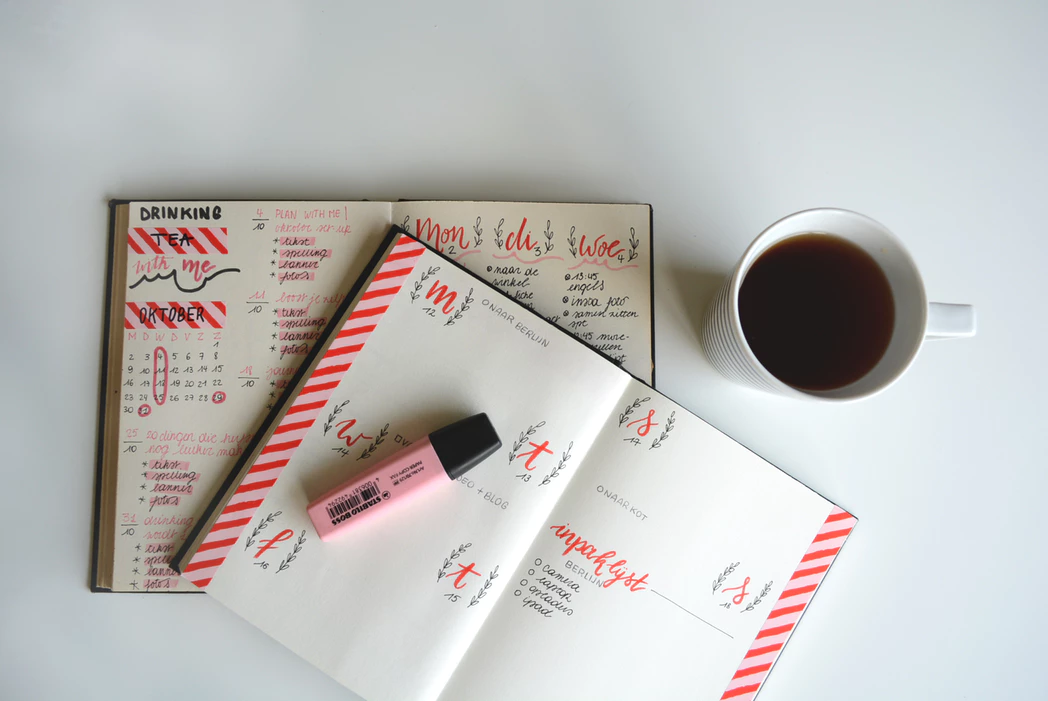Working From Home: How To Overcome Distractions & Boost Productivity
Working from home is becoming the new norm for millions of people around the wor...

Every manager is looking for ways to be more productive. Whether you manage your team face-to-face every day or from home, productivity is the key to your success. But how exactly can you go about maximizing your daily productivity? The experts at Sling give you 12 tips on how to be productive at work and home.
Along the way, we’ll talk about such issues as prioritizing tasks, getting plenty of sleep, using the 80/20 rule, avoiding distractions, and more. We’ll also show you why eating healthy food and drinking water throughout the day can keep you productive longer.
Incorporate all of the tips we’re going to discuss into both your home and work life, and encourage your team members to do the same.

For busy managers, there are very few things that can improve productivity like using the right tools. The Sling app, for example, makes it easy to:
These powerful features are available everywhere you work—on the web, on iOS, and on Android—so you and your team are always in sync. There’s no better way to improve your productivity at work or at home than with the power and flexibility of Sling.
Your mind and body are at their best first thing in the morning. Take advantage of this fact, and tackle your most challenging tasks at the beginning of your day. Save less-intensive work, like responding to email and attending meetings, for after you’ve completed the difficult jobs.

Resist the urge to get up and go straight to work. Instead, carve out some time in the morning for yourself.
Eat a healthy breakfast, exercise, read the news, mediate—whatever charges your batteries. You may have to get up a bit earlier than usual, but the rewards of improved productivity are well worth the effort.
It may seem counterintuitive to spend less time on a job, but taking breaks throughout the day actually improves productivity and focus. Start by taking a 10-15 minute break every two hours. Go for a walk, eat a healthy snack, or meditate outdoors. If you don’t see a rise in productivity, try taking a 5-10 minute break every hour instead.
Is the task you’re doing right now moving you closer to your short-term goals and benchmarks? If not, put it off until later. By focusing first on the things that matter the most, you can achieve more in a shorter amount of time.
Contrary to popular belief, multitasking is the death of productivity. Even trying to do two tasks at the same time can drastically reduce your effectiveness and efficiency.
Instead, dedicate all your energy and attention to one job. Get it done well, and then move on to the next task on your list.

Don’t leave your work week up to chance. Take 30 minutes Sunday night and plan your activities for the coming five days. But don’t worry; there’s no need to plan every minor detail. Simply fill in the major tasks.
For example, assign team tasks Monday morning, schedule employees for the next two months Monday afternoon, work on payroll Tuesday morning, etc. That way, you’ll be mentally prepared for the week ahead.
You produce 80 percent of your positive results with only 20 percent of your activities. That means that a large portion of what you do every day doesn’t get you closer to your goals.
By examining how you work, you can eliminate the activities that have very little effect on your productivity. You can then replace those unproductive tasks with work that will produce better results.
To help you stay productive, set time blocks on your smartphone or tablet when you focus on just one activity. For example, set a countdown clock for 50 minutes. Hit start, and dedicate those 50 minutes to whatever is most pressing.
When the alarm sounds, take a break and recharge your batteries. After the break, come back and do it again.
Interruptions and distractions are like multitasking: they’re the death of productivity. When you’re focused on a challenging job, turn off your phone(s), close your email app, let people know you’re unavailable for the next hour or two, and then shut your door (if you have one).
Taking these small steps will minimize interruptions and distractions so you concentrate on being as productive as possible.

Most adults need six to eight hours of sleep each night in order to be productive the next day. So turn off the TV, silence all your electronic devices, and get to bed at a decent hour so that you can come to work ready to focus and maximize your productivity.
You may feel like you’re firing on all cylinders, but your body is slowly losing fuel. That can have a dramatic effect on your focus, your thinking, and your productivity.
To combat this slow drain of energy, munch on healthy snacks between meals and try to drink at least four cups of water during an eight-hour workday.
Always look for ways to improve your productivity. Don’t get complacent and rely on what you did before. Keep tweaking your productivity practices to maximize your success.
If some these tips are new to you, don’t try to incorporate them all right away. Instead, pick one or two that resonate with you, and work on them until they become habit. When you’ve mastered the those, pick one or two more and focus on them for a few weeks.
If you find that a specific tip doesn’t work for you, scrap it and try something else. Remember, this is about improving your productivity, not checking off every item on the list. Find what works best for you and forget the rest.
With these 12 tips and a little practice, you can improve your productivity and become a master of your workday.
For more free resources to help you manage your business better, organize and schedule your team, and track and calculate labor costs, visit GetSling.com today.
See Here For Last Updated Dates: Link
This content is for informational purposes and is not intended as legal, tax, HR, or any other professional advice. Please contact an attorney or other professional for specific advice.
Schedule faster, communicate better, get things done.